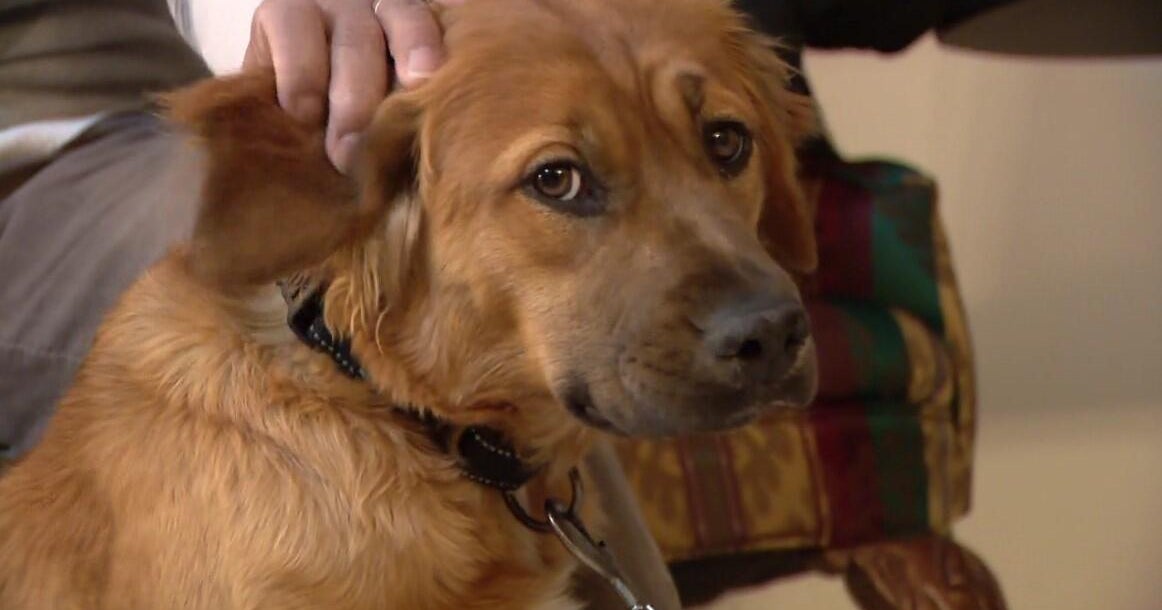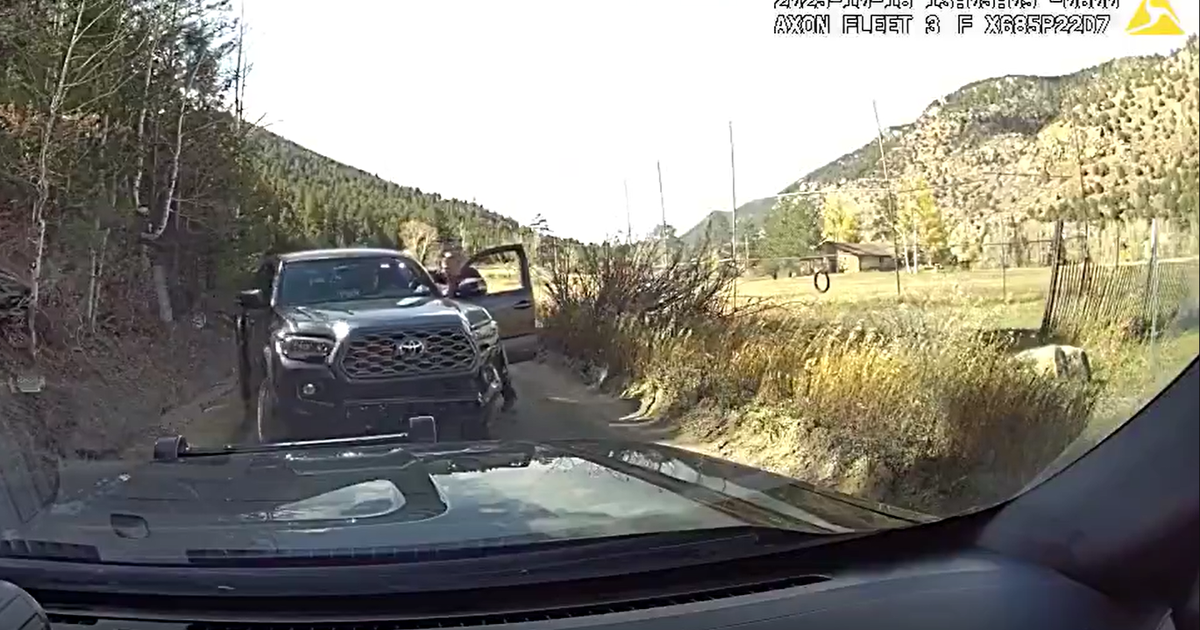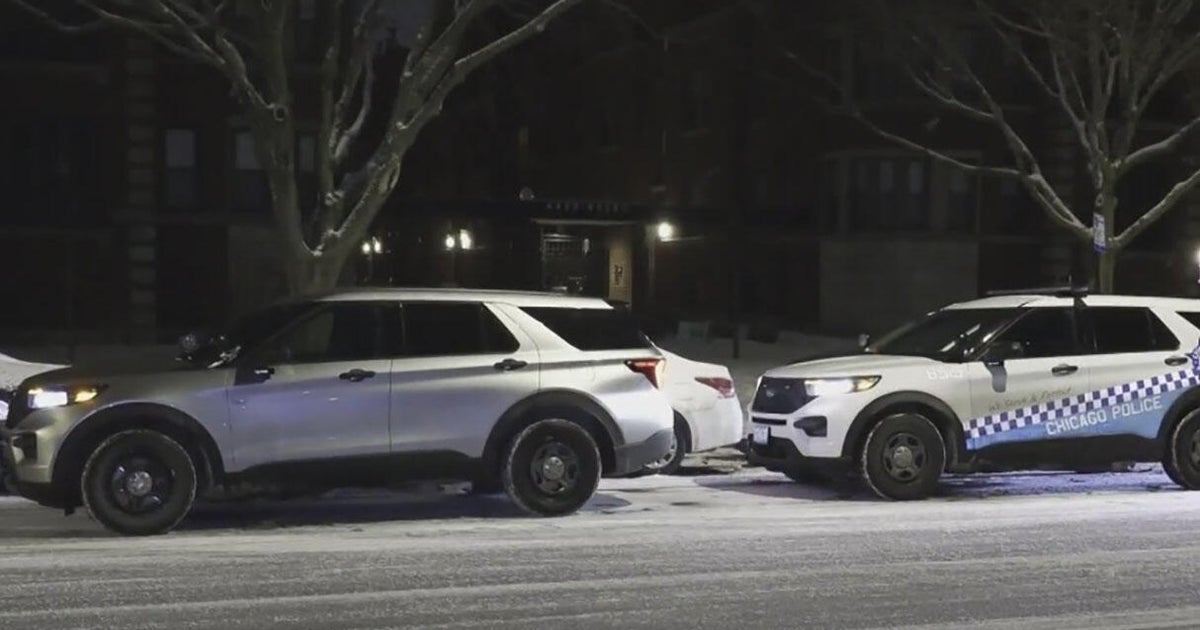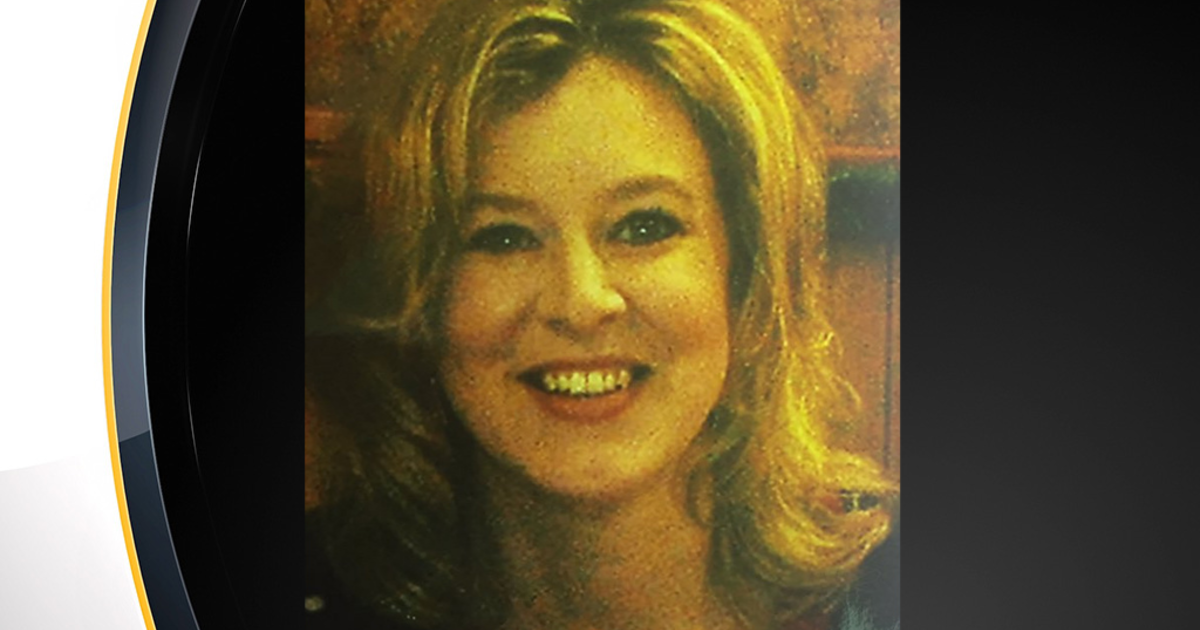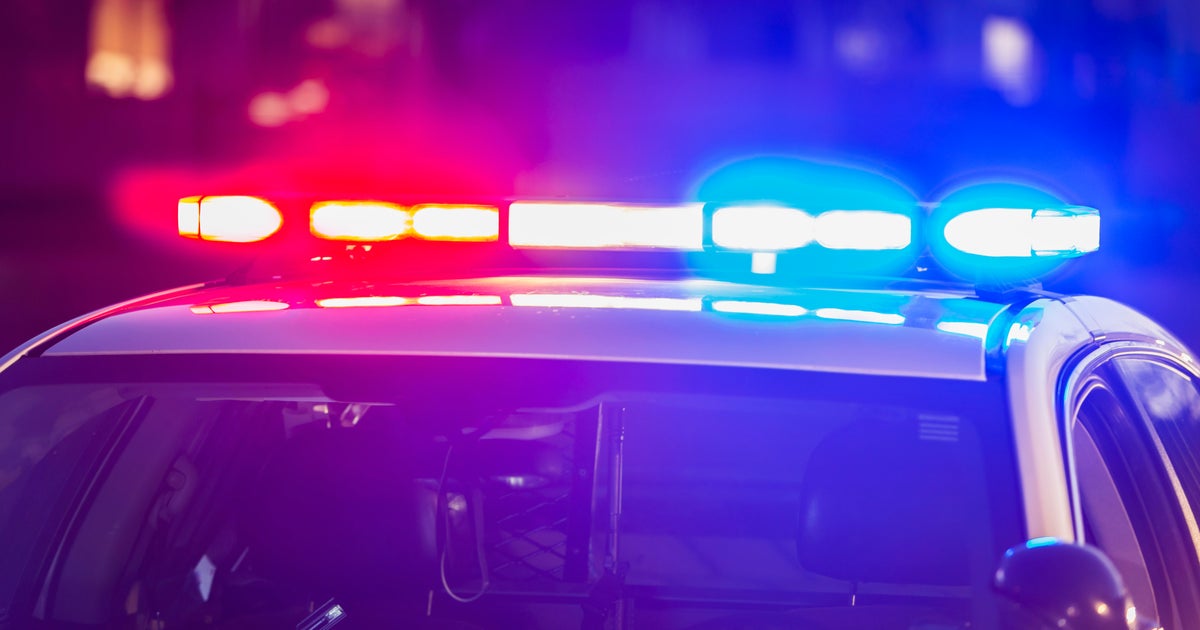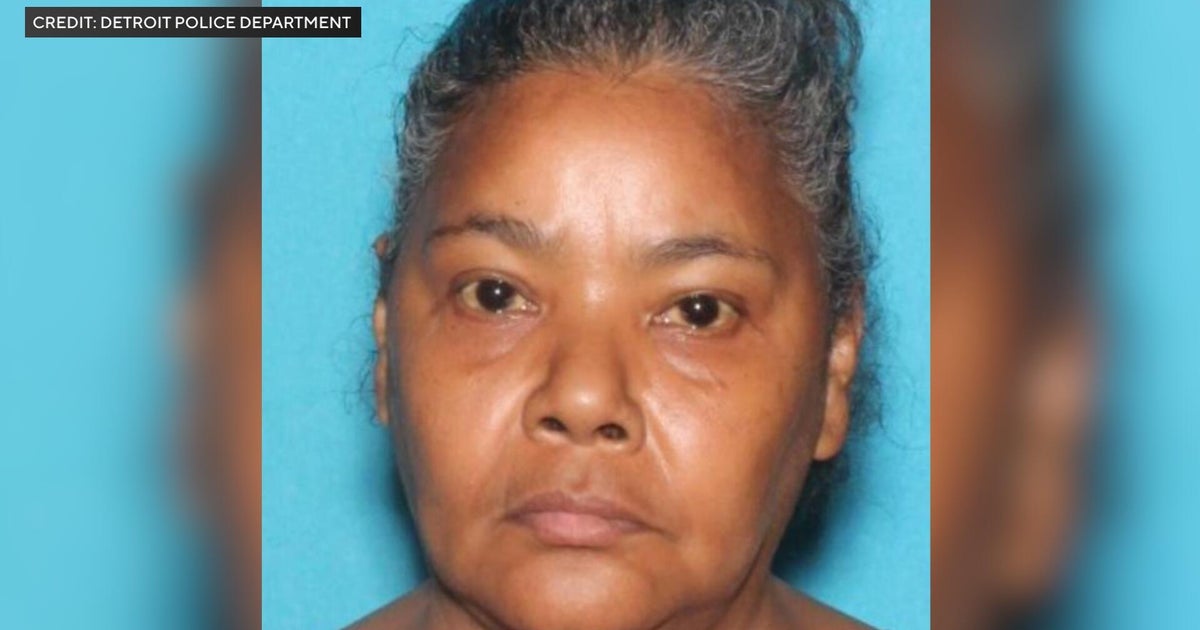Chicago Police begin new pilot program when executing search warrants
CHICAGO (CBS) -- Following major changes in its search warrant policy as a result of a CBS 2 years-long investigation, the Chicago Police Department is launching a new pilot program with additional measures.
The program started on Jan. 9 and provides support services after a search warrant is conducted, including repairing damage and trauma-informed counseling services to those who were at the home at the time. In addition, a requirement that crisis intervention team officer be present has been added to the overall search warrant policy.
CPD will collect public comment on the program and it supplements the new search warrant policy set in December.
At that time, Mayor Lori Lightfoot and Chicago Police Supt. David Brown announced plans for sweeping changes after a years-long series of reports by the CBS 2 Investigators on wrong raids.
The city is making changes in three areas; involving what happens before, during, and after a search warrant is executed.
For the first time, Chicago Police will begin tracking wrong raids that result from faulty information, such as the raid on Anjanette Young's home two years ago, when she was handcuffed naked and afraid in a high-profile and violent botched police raid.
It's the second time in as many years the Lightfoot administration is announcing an overhaul of search warrant procedures in an effort to put a stop to wrong raids. The changes include expanding the department's efforts to track wrong raids.
The mayor announced her first search warrant and raid reforms in January 2020, but CBS 2 Investigator Dave Savini has reported instances when officers did not follow the policy and bad raids continued to happen after that.
Last year's change to the search warrant policy required the creation of a log if a raid is carried out at an address different than what is listed on the search warrant. But that doesn't account for the dozens of wrong raids CBS 2 found, including the one on Young's home.
That policy did not require a log when officers enter the address listed on the warrant, but learn the information used to obtain the warrant was faulty. That will change with the series of policy changes announced in December. CPD now will be required to track all wrong raids, whether the result of officers carrying out a raid at the wrong address, or based on faulty information in a warrant.
So-called "no-knock" warrants also will be banned "except in specific cases where lives or safety are in danger," and must be approved by a bureau chief or higher, and will only be served by SWAT teams, rather than the officers who obtained the warrant.
All other search warrants will now have to be approved by a deputy chief or higher. That's a huge move, because that's three ranks above the previous requirement of a lieutenant approval.
During any raid, a female officer will now have to be present for the serving of all search warrants. A lieutenant or higher must be there to oversee the scene. And, in line with a previous policy, officers will also have to make note of any situation where they point a gun at any person.
All warrants also will require an independent investigation before approval and execution to corroborate the information used to obtain the warrant.
Before any search warrant is carried out, the team serving the warrant must conduct a planning session to "identify any potentially vulnerable people who may be present at the location in question, including children."
CPD also will carry out a critical incident after-action review after any wrong raid -- whether officers went to a location other than listed on the warrant, or if the information in the warrant itself was faulty. That review will include a requirement that CPD to report the facts of the wrong raid to the judge who authorized the warrant.
Note: The video with this story is from our documentary that exposed CPD's wrong raids.
